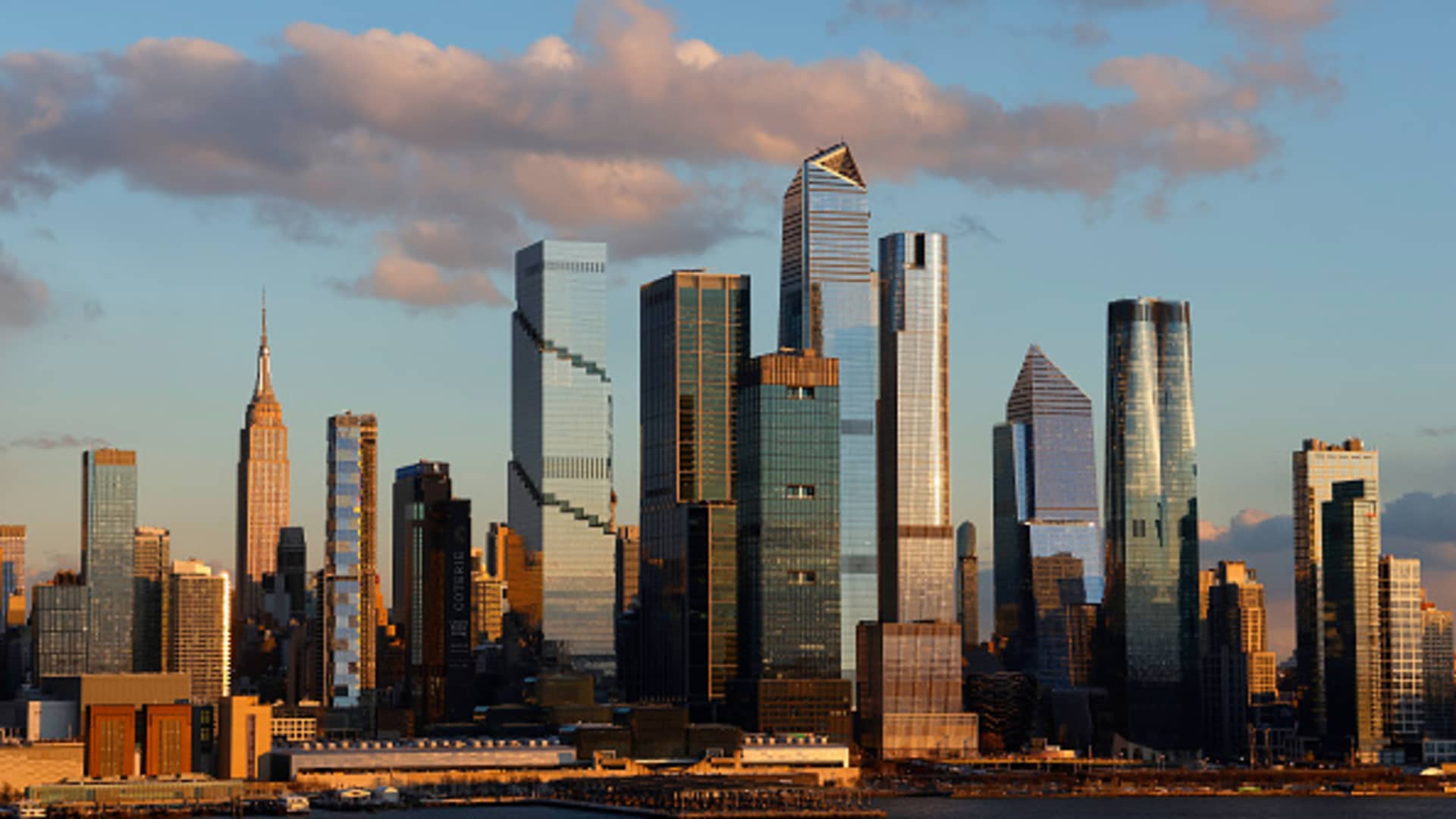The entry barriers to the 1% rich club have been getting tougher across the world. Here’s how much you need to join the ranks of the wealthiest people in your country.
Wealth creation, largely fueled by a “robust performance” of the U.S. economy and a rebound in the equity markets, has pushed the minimum requirements for people to qualify as the richest in their respective countries, according to Knight Frank’s wealth report.
The global consultancy notes that Monaco, which has the world’s densest population of millionaires, retains the number one spot for entry into the 1% rich club at $12.9 million, rising 4% from a year ago.
Second in line is Luxembourg, which has an entry requirement of $10.8 million, followed by Switzerland at $8.5 million. The U.S. comes in fourth, with $5.8 million, up 15% from a year earlier.
At $5.2 million, Singapore is fifth globally and leads the Asia-Pacific region in terms of the wealth needed to break into the elite club.
The city-state, alongside Hong Kong, is leading the charge to host Asia’s newly minted wealthy.
The two are offering tax incentives and business-friendly regulations to attract 1,100 family offices that manage over $4 trillion in assets.
As exclusive as the 1% club sounds, it’s still relatively “easier” to break into its ranks than it is to be an Ultra High Networth Individual (UHNWI), which has a global average entry point of $30 million, according to Knight Frank.
The findings highlight the substantial differences in wealth distribution between countries, Knight Frank’s Global Head of Research Liam Bailey said.
“As Western countries in particular grapple with government deficits and the need to raise tax revenue, expect greater policy focus on where wealth is located,” Bailey added.
He emphasized that governments will have to walk a tightrope between taxing wealth and encouraging its growth as they strive to grow their economies.
The number of wealthy individuals is expected to rise by 28.1% in the five years to 2028, which is much lower compared with the 44% increase seen in the five-year period to 2023, Knight Frank noted.
The latest numbers also underscore the divide between the world’s rich and poor. Since 2020, while the world’s five richest men have more than doubled their fortunes, five billion people have become poorer, according to a report by global organization Oxfam America.
Driving the inequality are corporations that are pushing back on minimum wage increases and unionization, Oxfam said.
